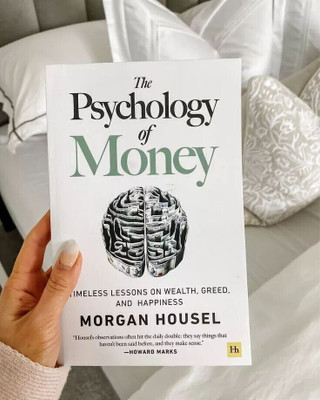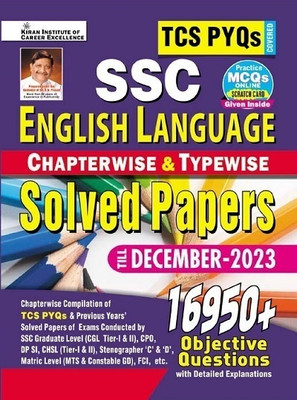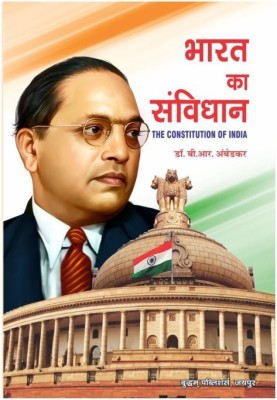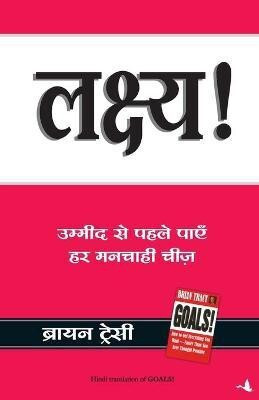
INTEGRAL HUMANISM (Hardcover, Pandit Deendayal Upadhyaya)
Share
INTEGRAL HUMANISM (Hardcover, Pandit Deendayal Upadhyaya)
Be the first to Review this product
Special price
₹652
₹900
27% off
Coupons for you
T&C
Available offers
T&C
T&C
T&C
T&C
Delivery
Check
Enter pincode
Delivery by21 Jul, Monday
?
View Details
Highlights
- Binding: Hardcover
- Publisher: Global Vision Publishing House
- Genre: Philosophy
- ISBN: 9789390423774
- Edition: 1, 2022
- Pages: 160
Services
- Cash on Delivery available?
Seller
Description
The concept of Integral Humanism is developed by Deendayal Upadhyaya for the nation building into one India after independent. He discussed about the four ingredients of an individual— body, mind, intelligence and soul. These four ingredients corresponded to the four universal objectives of dharma (moral duties), artha (wealth), kama (desire or satisfaction), and moksha (total liberation or salvation). He pointed out that the confusion that had arisen in the West because they treated each of the ingredients of human beings separately and without any relation to the rest. While an integral understanding of life is holistic in nature. His concept of Integral Humanism offer a non-dualistic prism for perceiving the world we live and acting upon the fundamental unity of humankind— an outlook which offers powerful solutions for political, social and economic cooperation across the world.
Read More
Specifications
Book Details
| Publication Year |
|
| Edition Type |
|
| Table of Contents |
|
Contributors
| Author Info |
|
Frequently Bought Together
1 Item
₹599
2 Add-ons
₹517
Total
₹1,116
Be the first to ask about this product
Safe and Secure Payments.Easy returns.100% Authentic products.
Back to top







